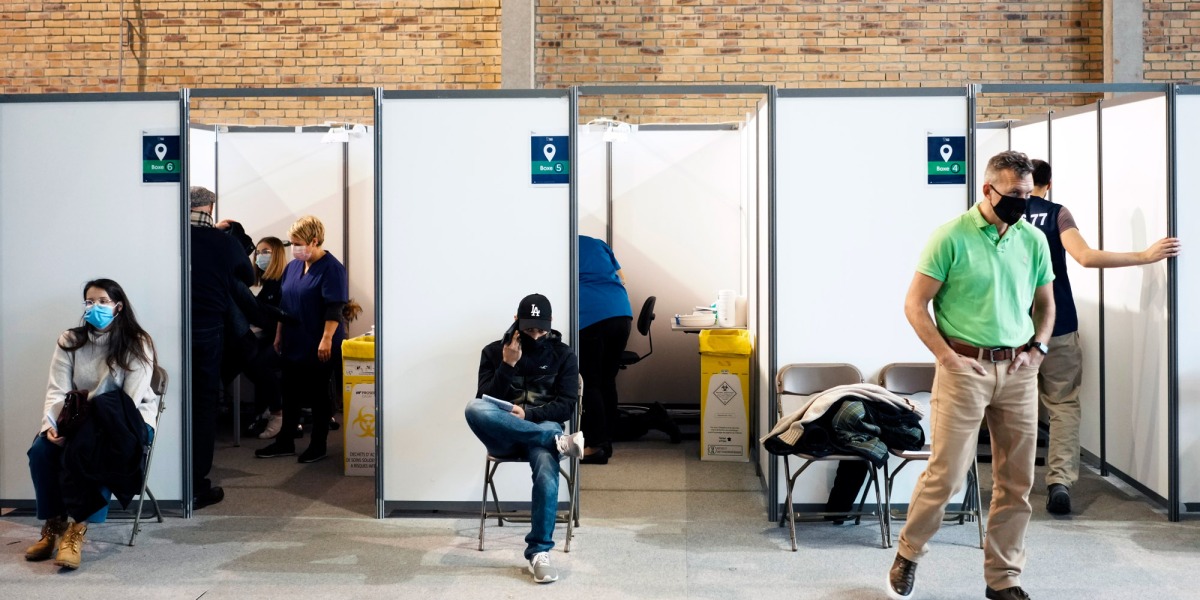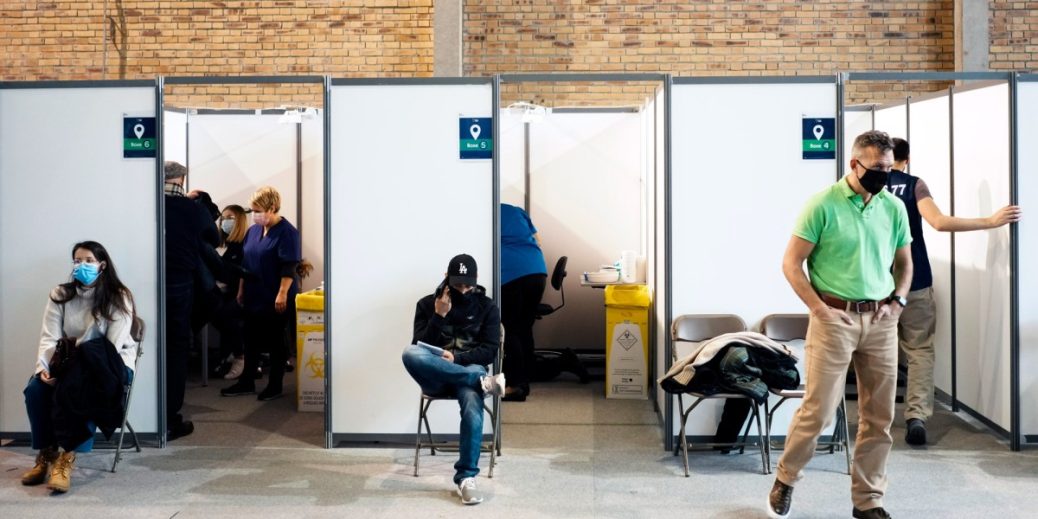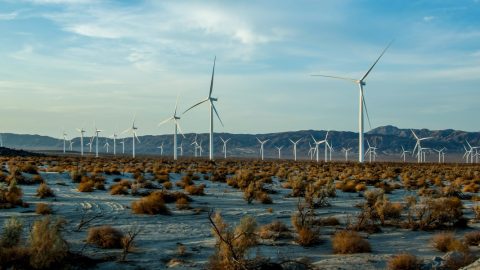
The new variant appears to be better than any other version of the virus yet encountered at evading vaccine protection. “Omicron is a much stronger escape variant,” Şahin says.
The good news is that results were much better among people with who’d gotten a booster in the form of a third dose of the Pfizer-BioNTech vaccine. In that case, the vaccine’s ability to block the coronavirus was essentially restored.
The lab findings will mean a rush by governments to offer booster doses. In the US, everyone over 18 has been eligible for a booster shot since November 19, but in other countries vaccine supplies remain limited.
If omicron spreads widely, governments and companies will also have to decide whether to update messenger RNA vaccines like Pfizer’s to take aim at the variant. Such vaccines work by shuttling copies of the viral “spike” gene into a person’s cells, thereby producing an immune response.
Because omicron’s spike is so different, with more than 30 mutations, a new vaccine with its specific genetic code would work better against it.
BioNTech says it’s already designed an omicron vaccine and could shift its entire manufacturing process over by March. “The only thing that changes is the blueprint of the new variant,” says Şahin. “We will start producing it and then decide whether to switch.”
So far, however, it remains unclear whether a new vaccine is needed or what kind of damage omicron is capable of.
Even two vaccine doses may still prevent the variant from killing people. That’s because vaccines create immunity not only via antibodies but also through long-lived memory cells, including T cells. Omicron’s mutations, for the most part, do not fall in areas targeted by the T cells that BioNTech has studied.
Because of that, Şahin says, two doses of Pfizer may still prevent serious disease, although it will take one or two months of data to know for sure.





Recent Comments